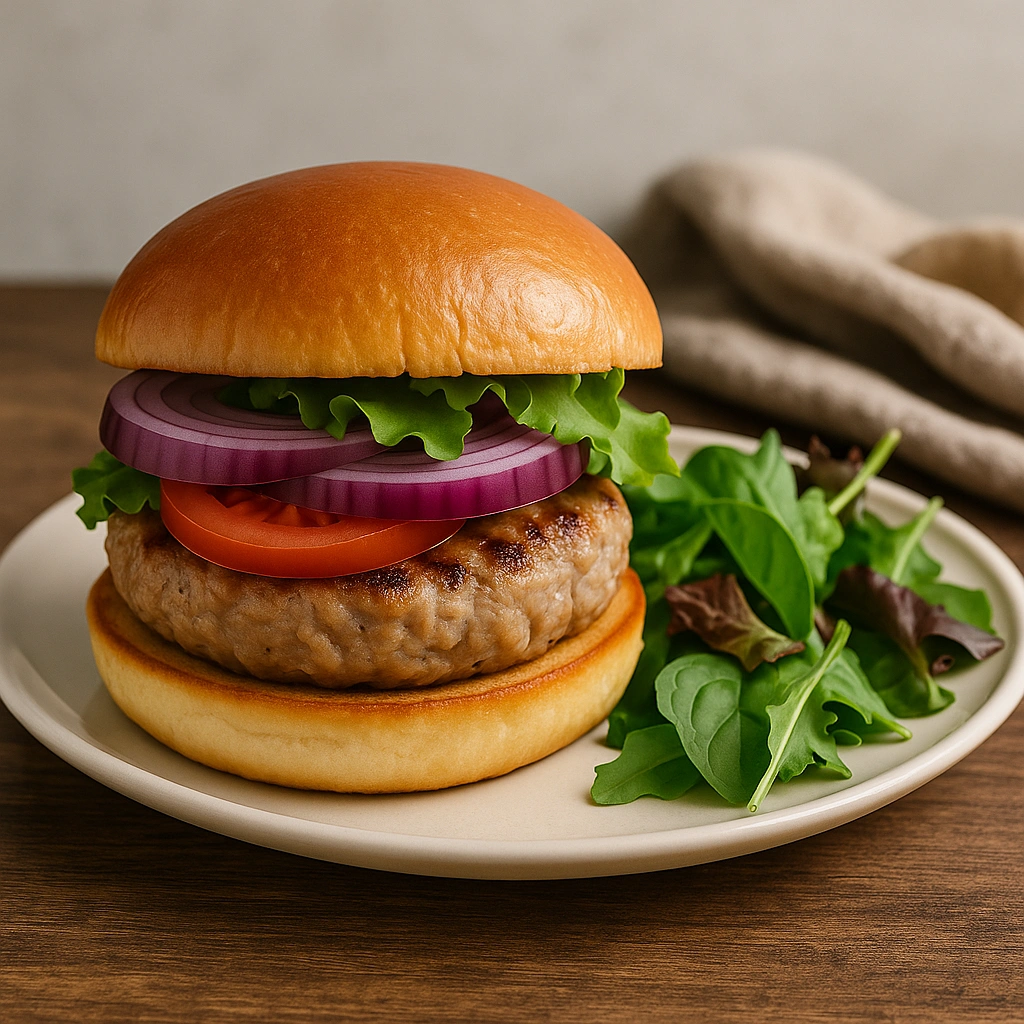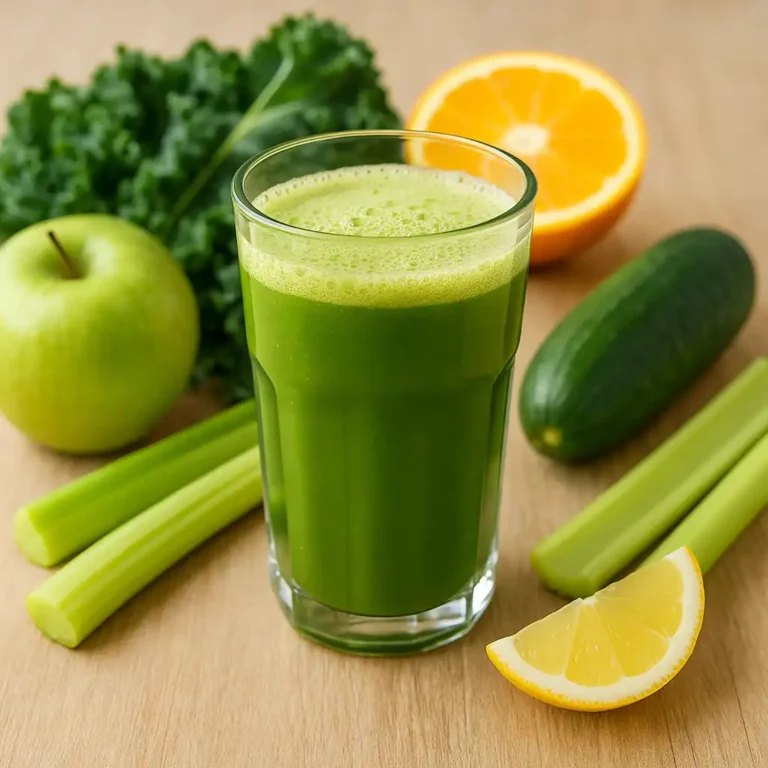Are Turkey Burgers Good for Weight Loss and Healthy Eating
Turkey burgers offer a lighter way to enjoy a classic meal without piling on extra calories. With leaner meat, simple ingredients, and the right sides, they can easily fit into most weight loss plans while still tasting great.
Lean Protein Helps You Stay on Track
Many people turn to turkey burgers because of the lean protein. Using 93% lean ground turkey gives you plenty of protein but much less fat than regular beef. This makes it easier to stay full while keeping your calorie intake under control.
Plenty of home cooks say swapping beef for turkey helps them hit their calorie goals without giving up that satisfying burger experience. Turkey burgers also come in handy during busy weeks when you need a quick, filling meal.
Quick and Simple to Cook
Turkey burgers cook fast, which makes them a go-to for busy nights. Most turkey patties are ready in under 10 minutes whether you’re grilling or cooking them in a pan.
Ceramic non-stick pans work especially well for indoor cooking. They heat evenly, require little oil, and prevent sticking, so cleanup is simple. Using less oil also means fewer extra calories, which helps when you’re trying to lose weight.
Toppings and Sides Make a Big Difference
What you put on and around your turkey burger can impact your progress. Many people use whole grain buns or lettuce wraps to cut carbs. Toppings like spinach, tomato, avocado, and grilled onions add flavor and nutrients without adding much fat or sugar.
For sides, plenty of home cooks swap fries for roasted veggies, salads, or fresh fruit. This keeps meals balanced, filling, and still supportive of weight loss goals.
Homemade Gives You More Control
Making turkey burgers at home lets you control everything that goes into them. Some store-bought patties contain extra sodium, fillers, and preservatives that aren’t always helpful for weight loss.
Many people prefer combining ground turkey with simple seasonings like garlic, onion, and herbs. This way, you get plenty of flavor without unnecessary ingredients. You also control the portion size, which makes sticking to your plan easier.
Conclusion
Turkey burgers can absolutely support weight loss with the right approach. Lean ground turkey, simple toppings, lighter sides, and homemade preparation keep the meal healthy, satisfying, and easy to fit into your routine.
Related Articles You Might Find Helpful
- Mediterranean Diet Lasagna Recipe: Comfort Food That Fits Your Healthy Routine
- Healthy Breakfast Muffins for Weight Loss: High Protein Options
- Healthy Low-Carb Meals on a Budget
- 25 Foods You Should Never Eat (and Easy Swaps You’ll Actually Like)
- Is Burger Healthy for a Diet? Simple Ways to Make It Better






